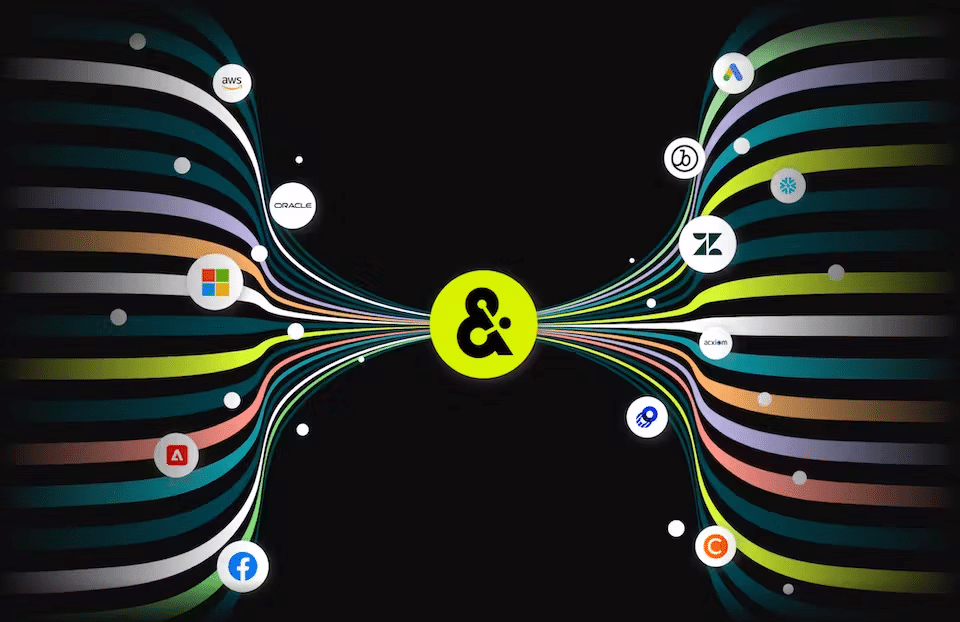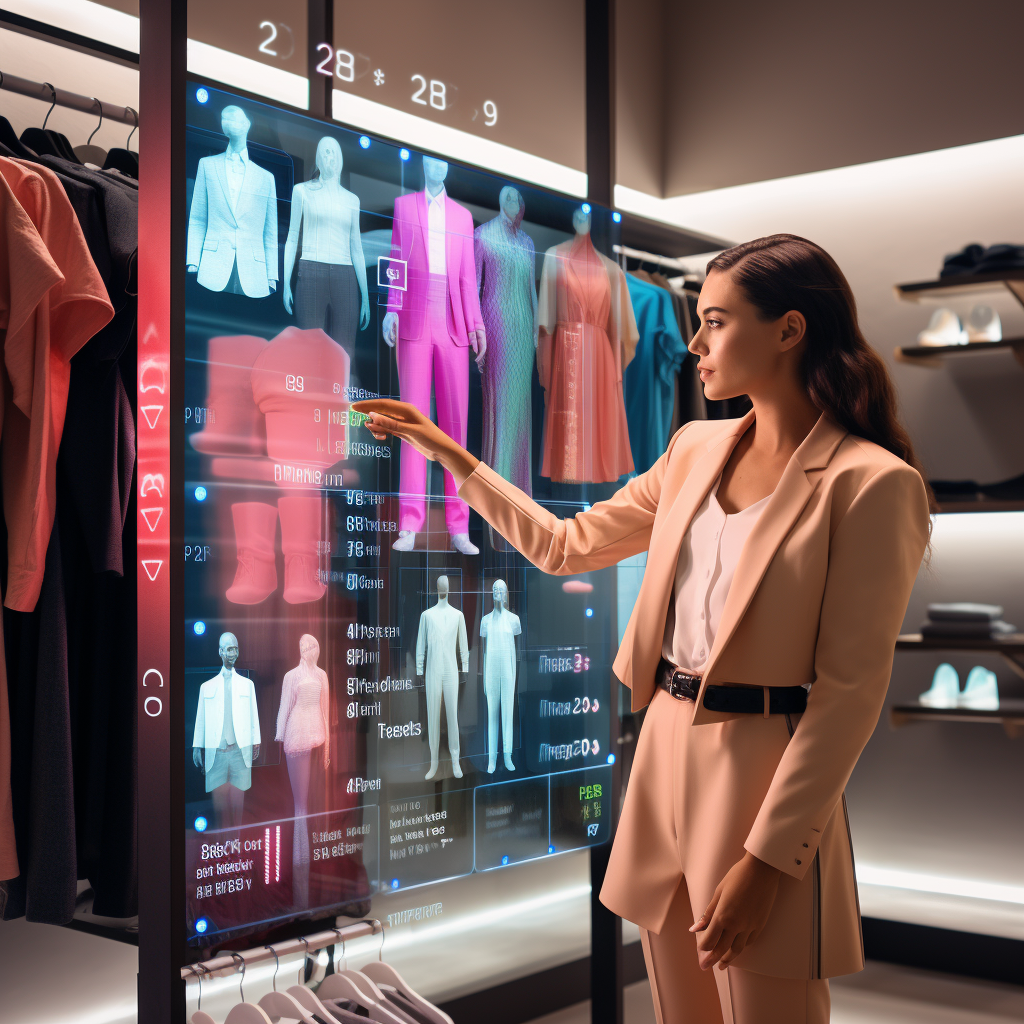In a fascinating interview at NRF 2024, Barry Padgett, CEO of Amperity, sheds light on the burgeoning role of data unification in the retail sector. As we delve into this topic, it’s clear that the future of retail is inextricably tied to how effectively businesses can manage and utilize customer data.
Data unification, as described by Padgett, is no longer a mere enhancement tool for marketing or e-commerce; it has become a crucial necessity. With the increasing complexities of security and compliance, such as GDPR in Europe, retailers are compelled to embrace their first-party data more robustly. This focus is not just about collecting data but organizing and integrating it effectively across various business functions.
Padgett’s insights reveal a significant shift from a siloed approach, where marketing, loyalty, and other data sets are managed separately, to an integrated model. This interoperability between data sets is not just a technical requirement but a strategic imperative for customer-centric retailing.
One striking example comes from Brooks Running, an Amperity client. Their data unification project led to improved customer service experiences. Customer service representatives, armed with comprehensive customer data, could preemptively address customer inquiries, enhancing overall customer satisfaction. This scenario underscores the unseen benefits of data unification – enriching internal employee experiences and enabling them to deliver superior customer service.
Looking ahead, Padgett envisions a retail landscape where large language models, tailored to each retailer’s unique customer base and tech ecosystem, drive personalization. The goal is to move beyond superficial personalization, like using a customer’s first name in an email, to deeply understanding their buying habits and preferences. This level of personalization requires a solid foundation of unified, high-quality customer data.
Padgett’s interview is a clarion call for retailers to adapt to this new data-centric reality. The future of retail lies in harnessing the power of data unification to create more personalized, efficient, and customer-focused experiences. This shift is not just a technological upgrade but a strategic transformation that will define the winners in the competitive retail landscape.



